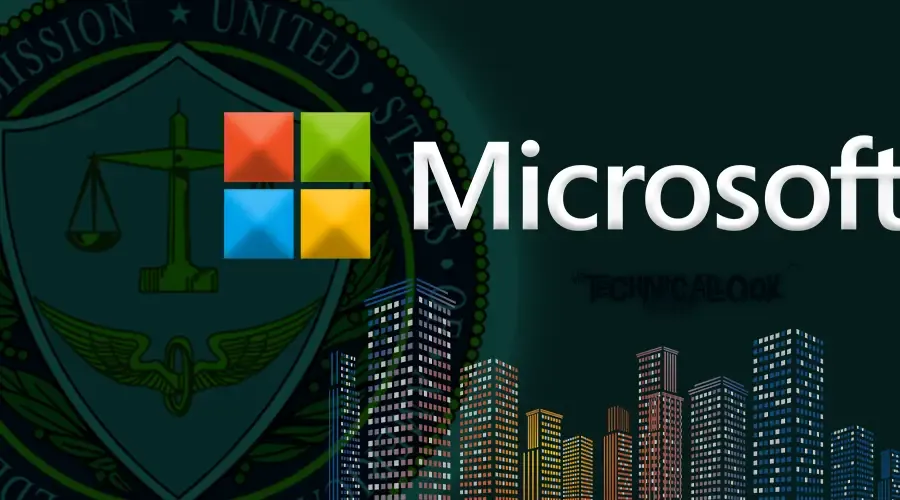The Federal Trade Commission (FTC) has conducted several interviews with Microsoft competitors in the past week regarding the conflict in the company's business practice with antitrust laws. Let's take a technical look at the whole scenario.

The problem started in 2021 when Microsoft began free services of its software packages to the agencies of the U.S. government. This involved more advanced cyber security packages compared to the existing packages offered by other competitors on the Windows platform. The government faced a number of cyber attacks within a very short span and during these attacks, Microsoft offered some of their product on a trial basis which they paid for later on for the upgrades.
In no time most of the government agencies started adopting the bundle offered by Microsoft starting with the Department of Defence adopting the Microsoft Azure cloud platform.
But Microsoft is standing by its action. They claim that the offer was made in the interest of helping the government, to strengthen its security because threats are continually on the rise in cyberspace.
The probe also faces dealing with a massive breach in cybersecurity called the SolarWinds hack in Microsoft terms, where Russian government-sponsored hackers exploited flaws in the software of Microsoft to perpetrate intelligence against federal agencies and steal sensitive data. Years ago, a flawed warning from that defect was sent by a Microsoft engineer to management. But they were afraid that it might damage the company's relations with the government and therefore business, so they ignored the defect warning.
The failure to fix that bug revealed a whole new set of questions about whether Microsoft has become too powerful in controlling a lion's share of the federal market.
The question is whether Microsoft uses market power to suppress competition. That reflects old fears more than two decades ago when Microsoft faced antitrust charges for unfair dominance in the software market. The U.S. government nearly broke up the company then, but a settlement imposed certain restrictions on its business practices.
Today, with Microsoft expanding to include software, cloud services, and cybersecurity, the FTC feels this dominance will negatively affect competition, most particularly in the federal sector.
The FTC has served a formal subpoena on Microsoft requesting more details on their business practices. Microsoft said that it received the request, but was disappointed at the scope of the probe.